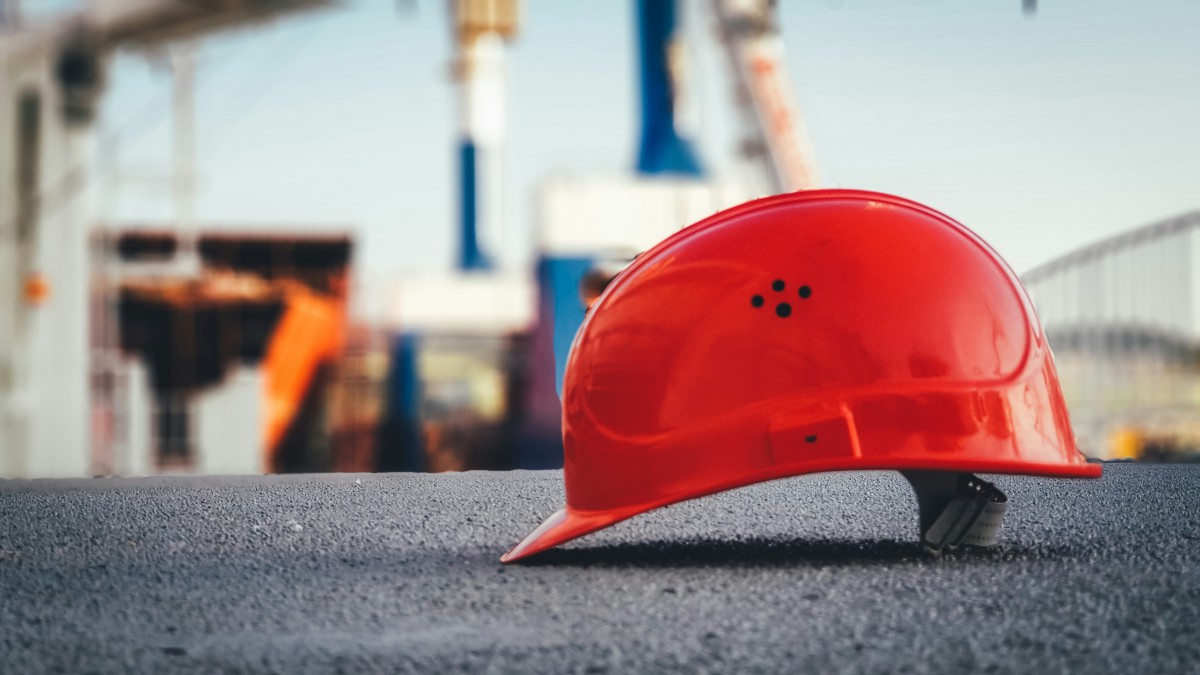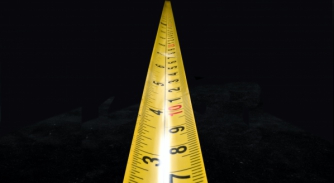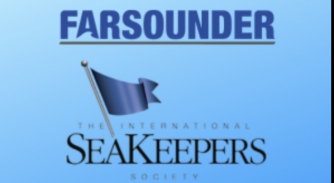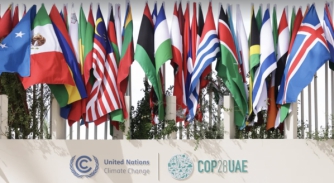Class notations: a potential tool for progressing sustainability
Class societies have a role to play in advancing the sustainable design and operation of yachts, but are they maximising their efforts? …

Class societies represent one of the numerous entities within the maritime sector that are implementing regulations to reduce environmental impact and encourage sustainable operations. For these societies, the focus lies in creating supplementary Class notations covering various aspects of vessel design and operation. A review of multiple notations from different societies reveals some shared characteristics and emerging trends, so could Class societies actually push sustainability further?
The currently available sustainability-oriented notations (excluding those surrounding alternative power systems) most commonly encompass the management of air and sea emissions, the inventory of hazardous materials, and ballast-water management. All these are related to IMO regulations and conventions, reflecting how Class notations enforce these rules on vessels. Less common are those not directly linked to these policies, such as noise emissions or crew training on related matters.
The RINA Green Plus (Y) notation includes all the regulations found across the other notations and gives recognition through its three tiers for the differing efforts a vessel can make beyond what is compulsory to reduce its impact.
The notation has two parts, with initial requirements such as personnel training, certain documentation assigning an environmental officer, and then the environmental index. This latter section works via a vessel attaining points for having different installed equipment (including low/zero-carbon fuels or scrubber systems) or operational practices and procedures, such as CO2 monitoring and recording and having a Ship Energy Efficiency Operational Manual.
Points can also be awarded for any additional installed equipment or practices that could further benefit the vessel’s environmental impact that isn’t included in the notation. These are summed to create the yacht’s environmental index, and depending on its score, the vessel can obtain the standard Green Plus notation (or additional qualifiers Gold and Platinum) if they meet the minimum point requirements. The basic notation still demands that a vessel goes beyond the mandatory elements of the IMO regulations and conventions.
While this effectively acknowledges efforts surpassing regulatory requirements, such instances are rare and raise various questions about Class societies: are they doing enough to drive the sustainability agenda through their influence? Is there sufficient incentive for owners and operators to adopt these notations? Is it within their scope to do so or should they solely reflect other regulations? These are among the queries that organisations such as Water Revolution Foundation will pose to class societies during ongoing discussions on these topics.
Alongside those conversations, Lloyd’s Register (LR) has already recognised the need for stronger enforcement on these topics and, alongside Capital C Design and Technology, is currently developing a notation for the yacht sector that will “clearly define a vessel’s sustainability throughout its life from ‘cradle to grave’, enhancing LR’s existing ECO notation.” It will allow for certification that a vessel is carbon-positive and is compliant with all green financing and green bondsman carbon credits. How it will be carbon positive is yet unclear and could be subject to doubt depending on the use of carbon offsetting.
More regulations and other reasons to have sustainability-focused notations will arise in the future, which will likely result in more codes such as the pending LR notation. This is especially true given the breadth of topics within sustainability; there is certainly more scope for Class societies to potentially guide some of these topics through additional Class notations. But if there is no desire or need for them, these are unlikely to be developed.
NEW: Sign up for SuperyachtNewsweek!
Get the latest weekly news, in-depth reports, intelligence, and strategic insights, delivered directly from The Superyacht Group's editors and market analysts.
Stay at the forefront of the superyacht industry with SuperyachtNewsweek
Click here to become part of The Superyacht Group community, and join us in our mission to make this industry accessible to all, and prosperous for the long-term. We are offering access to the superyacht industry’s most comprehensive and longstanding archive of business-critical information, as well as a comprehensive, real-time superyacht fleet database, for just £10 per month, because we are One Industry with One Mission. Sign up here.
Related news

Corporate sustainability jargon busting
As more requirements come into effect that will directly affect the corporate world, we explain pertinent sustainability-focused terms
Technology

Cracking the YETI code
Water Revolution Foundation’s Yacht Environment Transparency Index and its scoring system to monitor a vessel’s environmental footprint
Technology

FarSounder and SeaKeepers partner in ocean science
The International SeaKeepers Society and FarSounder announce strategic alliance
Technology

Yachting at COP28
A historic agreement was made this year, but COP28 also provided opportunities for yachts to feature their efforts to contribute towards a green transition
Crew
.jpg)
Boero presents its first sustainability report
The Boero Group defines its sustainability strategies
Business
Related news
Corporate sustainability jargon busting
1 year ago
Cracking the YETI code
1 year ago
Yachting at COP28
1 year ago
NEW: Sign up for
SuperyachtNewsweek!
Get the latest weekly news, in-depth reports, intelligence, and strategic insights, delivered directly from The Superyacht Group's editors and market analysts.
Stay at the forefront of the superyacht industry with SuperyachtNewsweek



